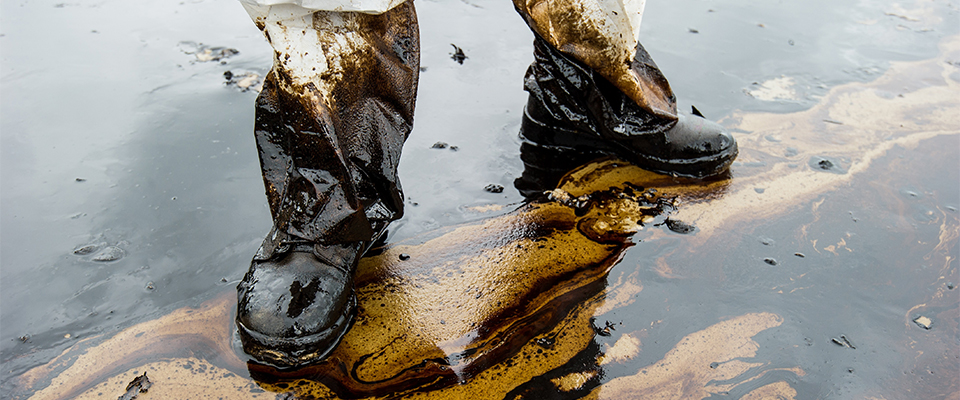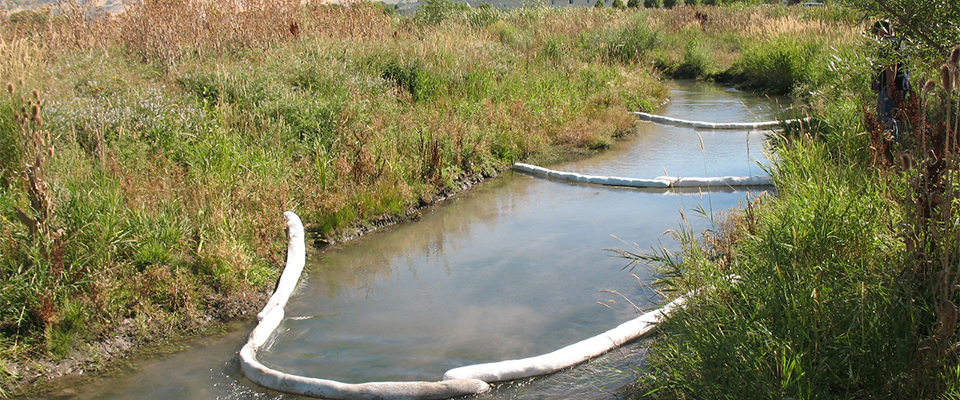
Expert in this field

As with most spills, fast response reduces overall damages and costs. EFI Global staff will typically arrive on site, review the situation, implement measures to stop or minimize the leak, implement other activities to mitigate the migration of fuel oil and then begin the assessment and remediation process, after reporting to the client and receiving authorization to proceed.
To successfully remediate these losses in a most cost effective manner, EFI Global employs the most appropriate approach or combination of approaches. We are not tied to any one type of remediation technology and evaluate all possible technical approaches. When necessary, we call in specialized contractors to implement various aspects of the strategy approved by the client. Throughout the process we document all site activities to support all actions and associated costs.



